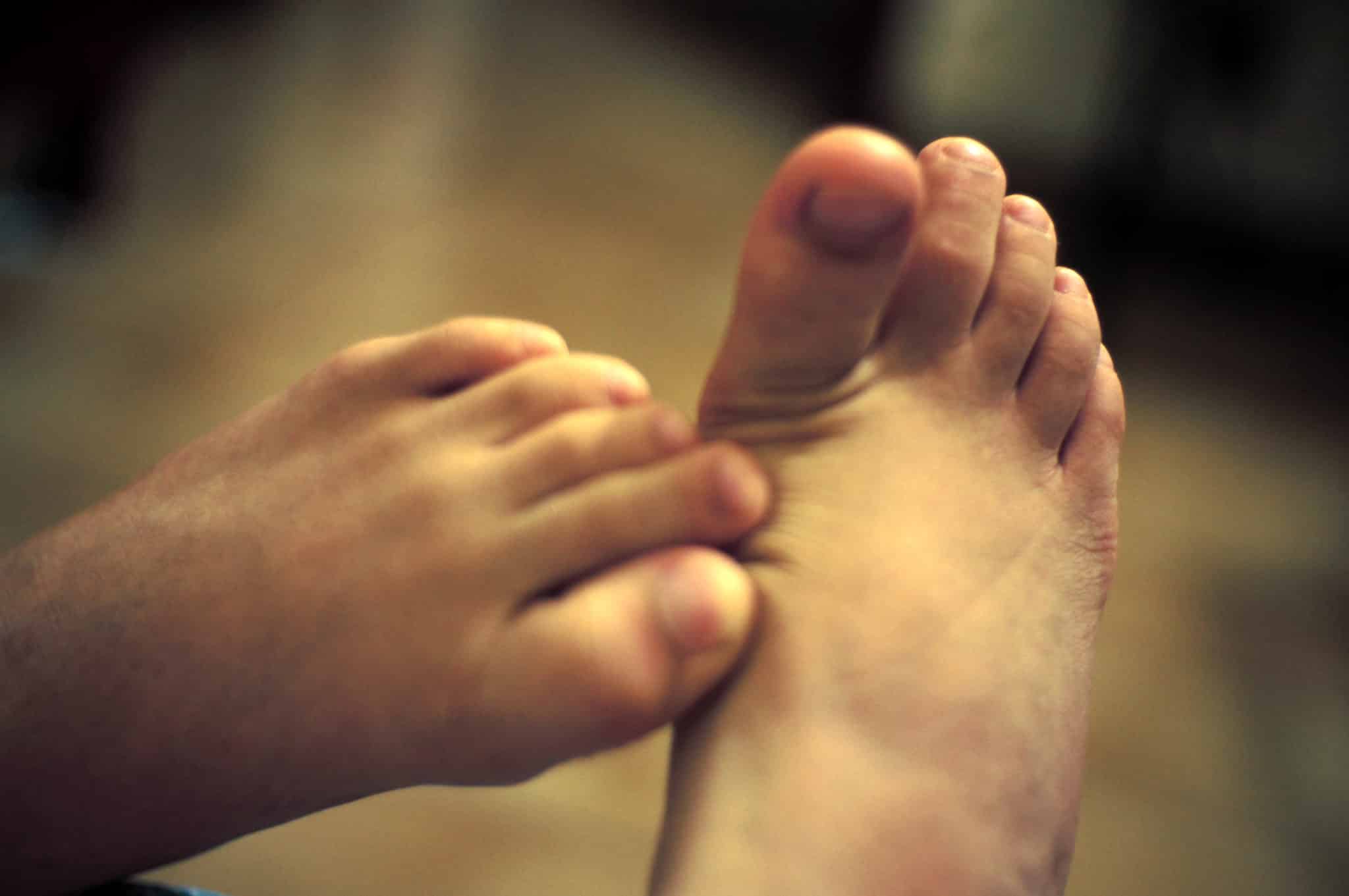What is Diabetic Neuropathy?

Diabetic neuropathy is a condition that can affect anyone with diabetes, especially as they age. Here is some important insight from senior living specialists in Camden County.
What causes diabetic neuropathy?
High blood sugar interferes with how the nerves communicate with one another and, over time, this can cause the nerve fibers to become damaged. In addition, high blood sugar weakens the blood capillaries that supply oxygen and nutrients to the nerves. Genetic factors, nerve inflammation, smoking and alcohol abuse can also contribute.
What are the symptoms of diabetic neuropathy?
There are four types of this condition, each with different symptoms.
Peripheral neuropathy, the most common version, affects the feet, legs, arms and hands. Symptoms in the affected extremities include numbness, reduced response to pain or temperature, sharp pain, cramps, muscle weakness, increased sensitivity to touch, loss of balance, and foot conditions (bone and joint pain, ulcers infections, etc.)
Autonomic neuropathy can affect the eyes, sex organs, bladder, heart, lungs, and digestive system. Symptoms include constipation, bladder problems, diarrhea, bloating, vomiting, increased/decreased sweating, vision trouble when adjusting from light to dark, and sharp drops in blood pressure.
Radiculoplexus neuropathy affects the thighs, buttocks, hips and legs. Symptoms include sudden/severe pain, muscle weakness, abdominal swelling, difficulty getting up from a sitting position, and weight loss.
Mononeuropathy involves a specific nerve, often in the eye, face or leg. Symptoms will be limited to the area affected, for example, difficulty focusing your eyes, pain in the front of your thigh, paralysis on one side of your face, etc. Although often painful, it usually doesn’t cause long-term damage.
Treatment for diabetic neuropathy
Unfortunately, there is no cure for this condition, so prevention is key. Treatments may include pain relief and therapies to manage complications or restore lost function, however, it is vital to:
- Keep blood sugar levels within the recommended target range
- Keep blood pressure within the recommended target range
- Give up smoking and alcohol (or drink in moderation)
- Commit to a recommended diet and fitness regime
- Follow your doctor’s recommendation for foot care
- Have regular checkups, especially if you notice any of the listed symptoms
Assisted Living in Camden County, NJ
United Methodist Communities at Collingswood offers quality assisted living n a welcoming and friendly community. With nurses available at all times, we pride ourselves on care at the level you need when you need it. In addition to assisted living, we also offer long-term care.To find out more about United Methodist Communities at Collingswood, please contact us today and visit us for a personal tour.




